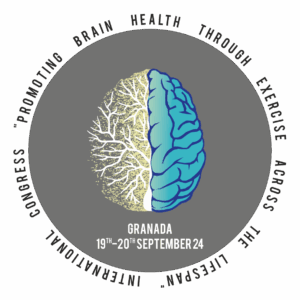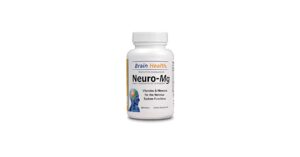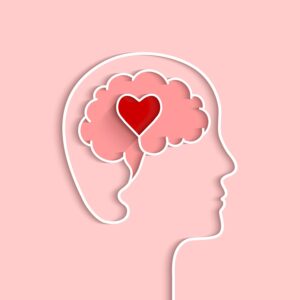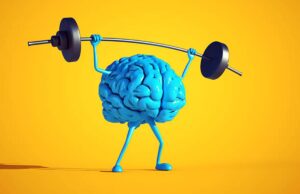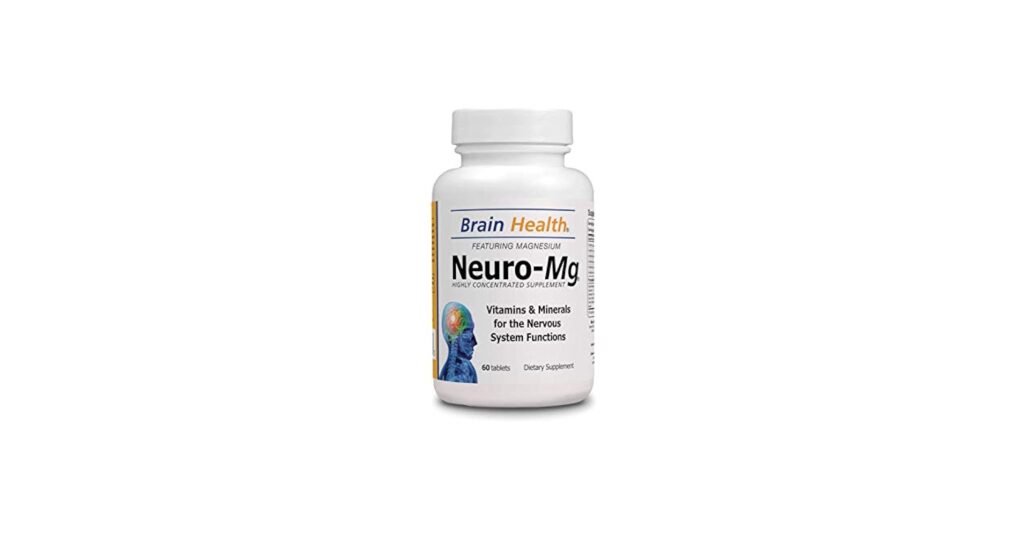
Have you ever found yourself bursting with ideas late at night or feeling sluggish in the early morning? It turns out, your brain might be more active when the world is asleep than when the sun is shining. This surprising fact challenges our traditional notions of productivity and alertness, inviting us to explore the fascinating rhythms of our minds. So, whether you’re a night owl or a morning person, understanding when your brain truly shines can help you harness your mental energy in the most effective way. Get ready to discover the nighttime secrets of your brilliant mind!
Night Owl or Morning Brain? Discover When Your Mind Truly Shines
Many of us have a natural tendency to be more alert either in the morning or at night, often labeled as “morning larks” or “night owls.” These preferences are influenced by our internal biological clocks, known as circadian rhythms, which regulate sleep-wake cycles and hormone production. Interestingly, recent research suggests that, regardless of these tendencies, our brains can be surprisingly active after sunset, potentially surpassing daytime alertness in certain cognitive domains.
If you’re a night owl, you might notice that your creativity peaks late at night, when distractions are minimal and your mind feels most alive. Conversely, morning enthusiasts tend to perform best during daylight hours, with sharper focus and quicker thinking. However, studies indicate that the brain’s activity during late hours isn’t just about personal preference—it has a biological basis rooted in neural activity patterns and hormonal fluctuations. Recognizing when your brain is most active allows you to optimize your schedule and boost your productivity.
Understanding whether you’re a night owl or a morning person can also shed light on your sleep needs and mental health. Night owls often experience a delayed sleep phase, which can lead to social and professional conflicts if mismatched with societal schedules. Conversely, morning people may struggle with staying alert late at night, despite their brain’s natural rhythms. Embracing your unique mental clock can help you tailor your routines for better well-being and peak performance.
Unveiling the Midnight Mystery: Why Your Brain is More Alive After Sunset
As the sun dips below the horizon, your brain enters a fascinating state of heightened activity. Neuroscientists have discovered that several regions involved in creativity, problem-solving, and emotional regulation become more active during nighttime hours. This surge in neural activity is partly driven by the hormone melatonin, which regulates sleep, but also by changes in neural connectivity and reduced sensory input from the external environment.
One reason your brain might be more active at night is the decrease in external distractions. Without the bombardment of daytime stimuli—traffic noise, social interactions, work demands—your mind can wander freely, making way for insights and innovative thinking. Additionally, during late hours, the prefrontal cortex, responsible for decision-making and executive functions, exhibits unique activity patterns, fostering a different kind of mental agility than during the day.
Furthermore, the brain’s glymphatic system, which clears waste from neural pathways, operates more intensely during sleep, particularly in the early hours. This process not only promotes brain health but also primes the brain for new ideas and cognitive flexibility. The quiet, dark environment of night creates an ideal setting for your brain to process information, make connections, and generate creative solutions, revealing that your mind is indeed more alive after sunset.
So next time you find yourself staying awake late into the night, remember—your brain is not just passing time; it’s actively working, thinking, and creating in ways that daylight hours might not fully tap into. Embracing your natural rhythms and understanding when your mind is at its peak can lead to more inspired, productive, and joyful days and nights. Whether you’re a night owl or a morning person, your brain’s nocturnal vitality is a reminder of the incredible complexity and adaptability of the human mind. Shine bright—day or night!

